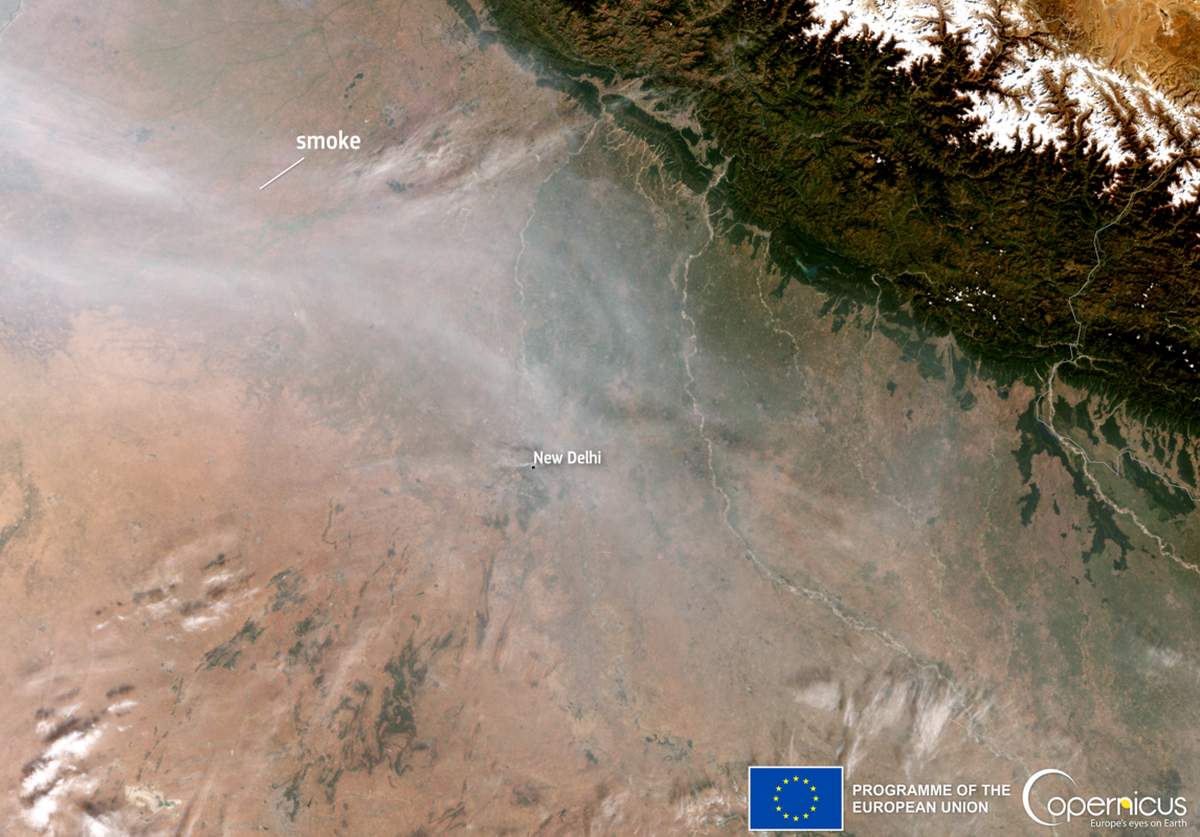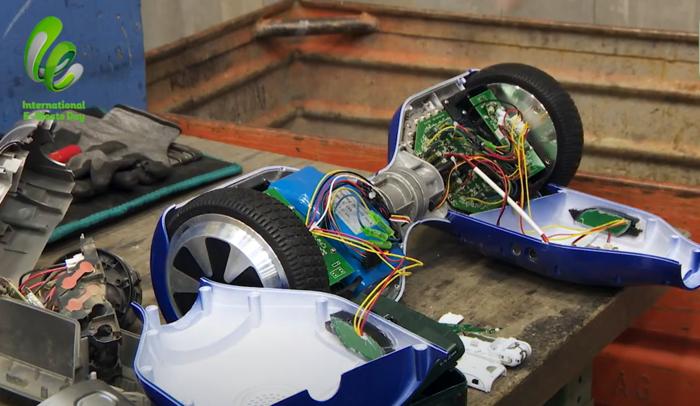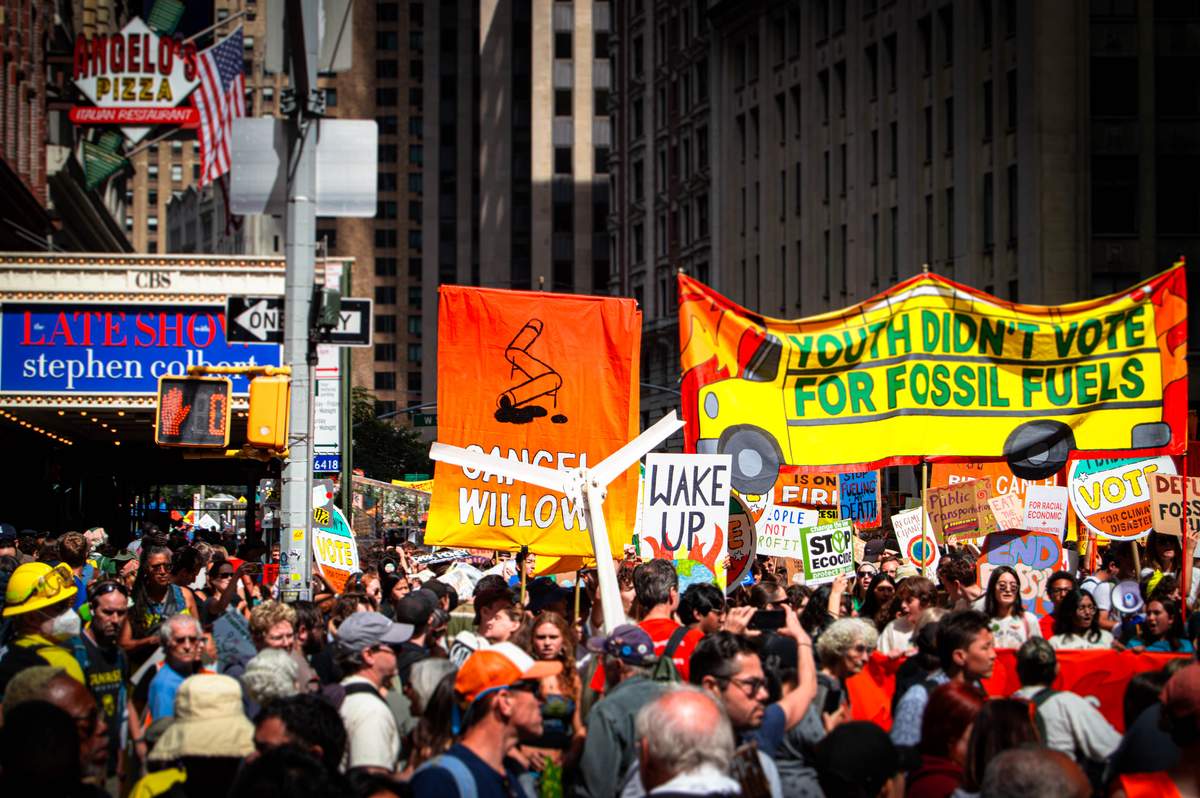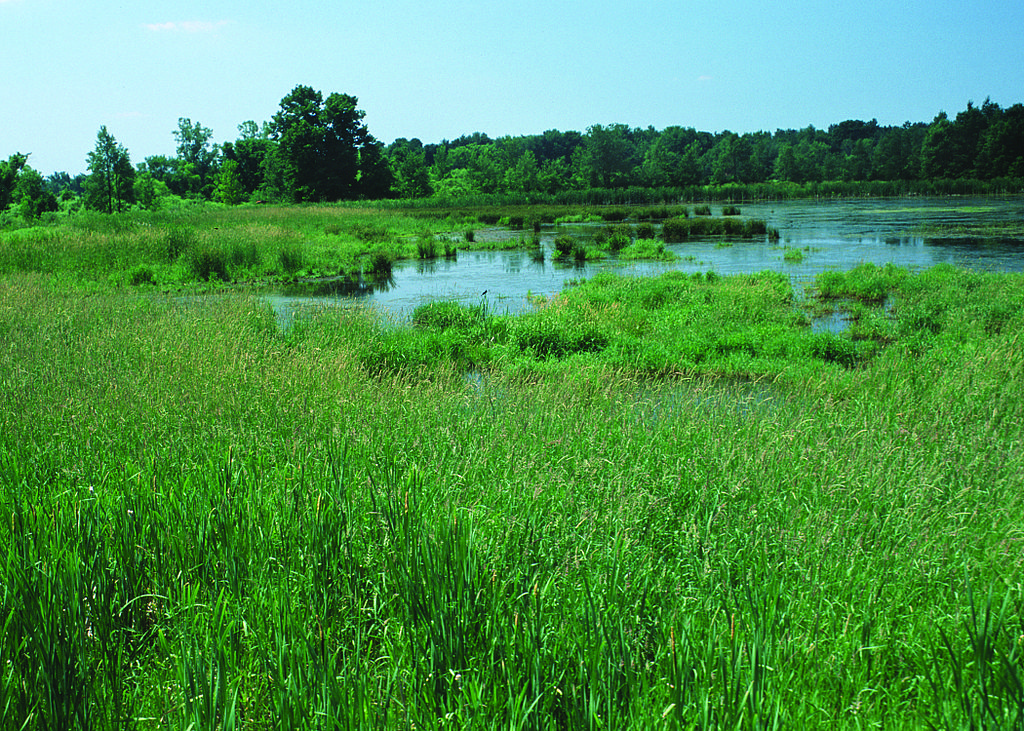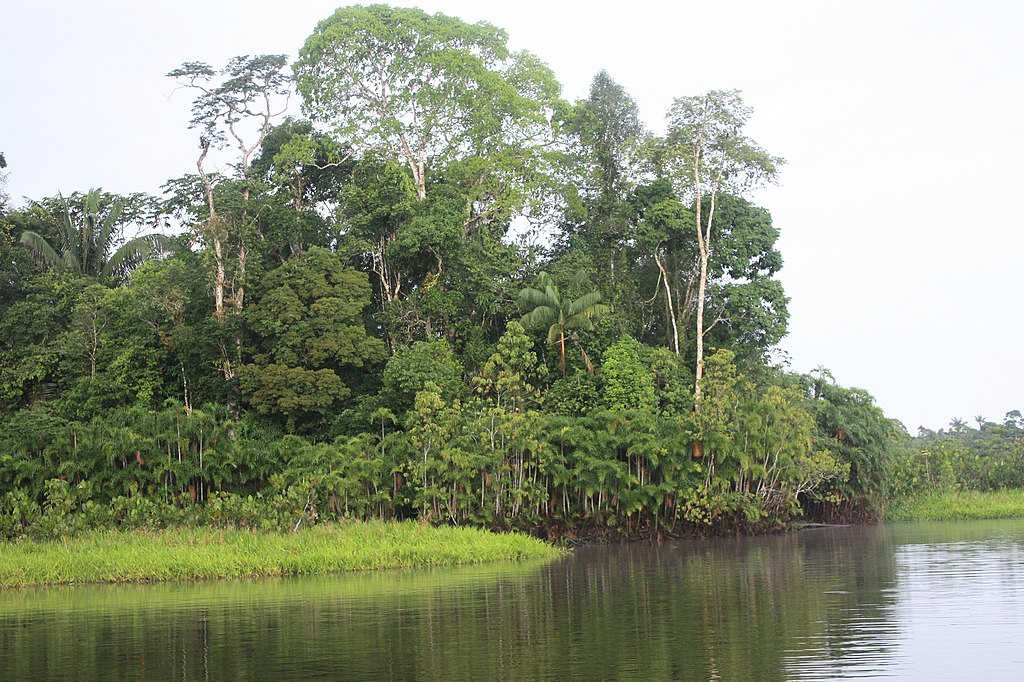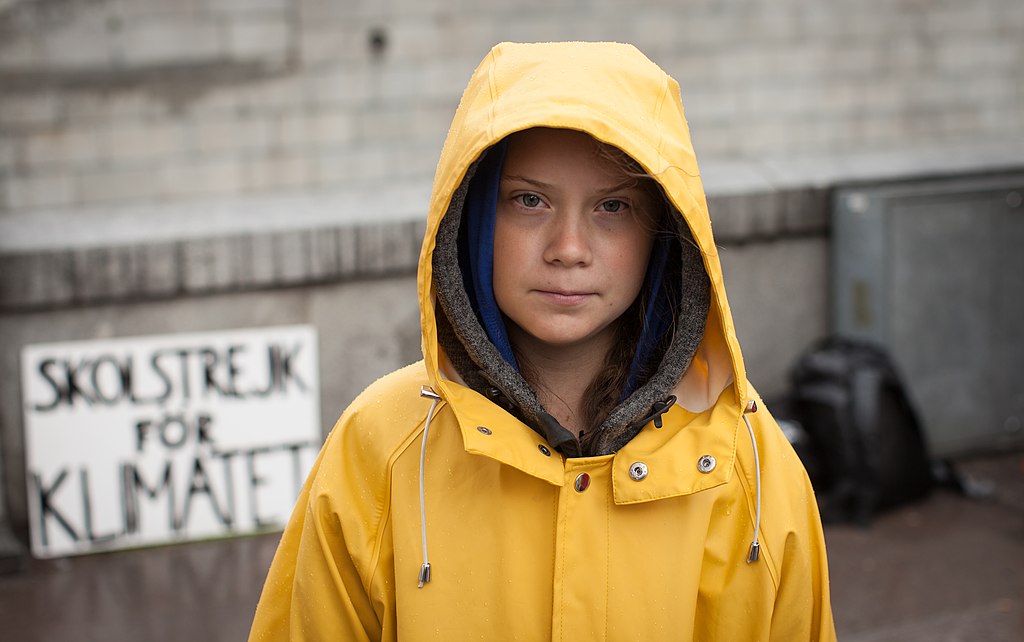On Tuesday, Virgin Atlantic flew a large passenger jet from London to New York using 100% "Sustainable Aviation Fuel" (SAF). The flight was meant to show that it's possible to fly using cleaner fuels, but experts disagree about the effects of SAF on the climate.
Posts tagged as “environment”
On Monday, people across Kenya took part in the country's first national tree-planting holiday. The holiday was created by Kenya's president, William Ruto, to encourage people to plant trees as part of a plan to fight the climate crisis.
As winter comes to the northern part of India, the air pollution in the capital city of New Delhi is reaching levels that are too dangerous to breathe. The problem is so bad that schools have been closed, and people are being told to stay indoors.
October 14 was International E-Waste Day - a day meant to highlight the problems of electronic waste. This year, the day was focused on "invisible" e-waste - things most people don't think of as electronics. The surprising category at the top of this group was toys.
Over the weekend, people around the world turned out in huge numbers to protest the burning of fossil fuels. The protests - the largest since before the coronavirus pandemic - were meant to send a strong message to political leaders: "Take climate action now."
On August 29, the US Environmental Protection Agency (EPA) announced a huge change in the rules designed to protect America's wetlands. The EPA was forced to change the rules because of a Supreme Court decision that took away protection from most wetlands.
On Sunday, Ecuador held a special vote on whether oil drilling should be allowed in Yasuni National Park. The vote was part of a larger election to choose the country's next president. Nearly 60% of Ecuadorian voters chose to protect the park.
On August 1, new rules went into effect in the United States that make it against the law to sell most incandescent light bulbs. These are older-style light bulbs that create light by heating a wire. The law is expected to save energy and help the environment.
A group of young people are suing the state of Montana for failing to protect the environment for their future. The trial began last week. The results of the trial could be important in showing whether governments can be forced to take climate action.
The world's most famous "school striker", Greta Thunberg, has held her last school strike for the climate. Ms. Thunberg, who's 20, graduated from high school last Friday. She says she'll continue to fight for climate action, she just won't be skipping school anymore.
Scientists at the University of Massachusetts Amherst have invented a new way to make electricity. Their method uses super-tiny holes to make electricity from moisture in the air. The scientists hope the method will one day lead to cheap, clean electricity anywhere at any time.



